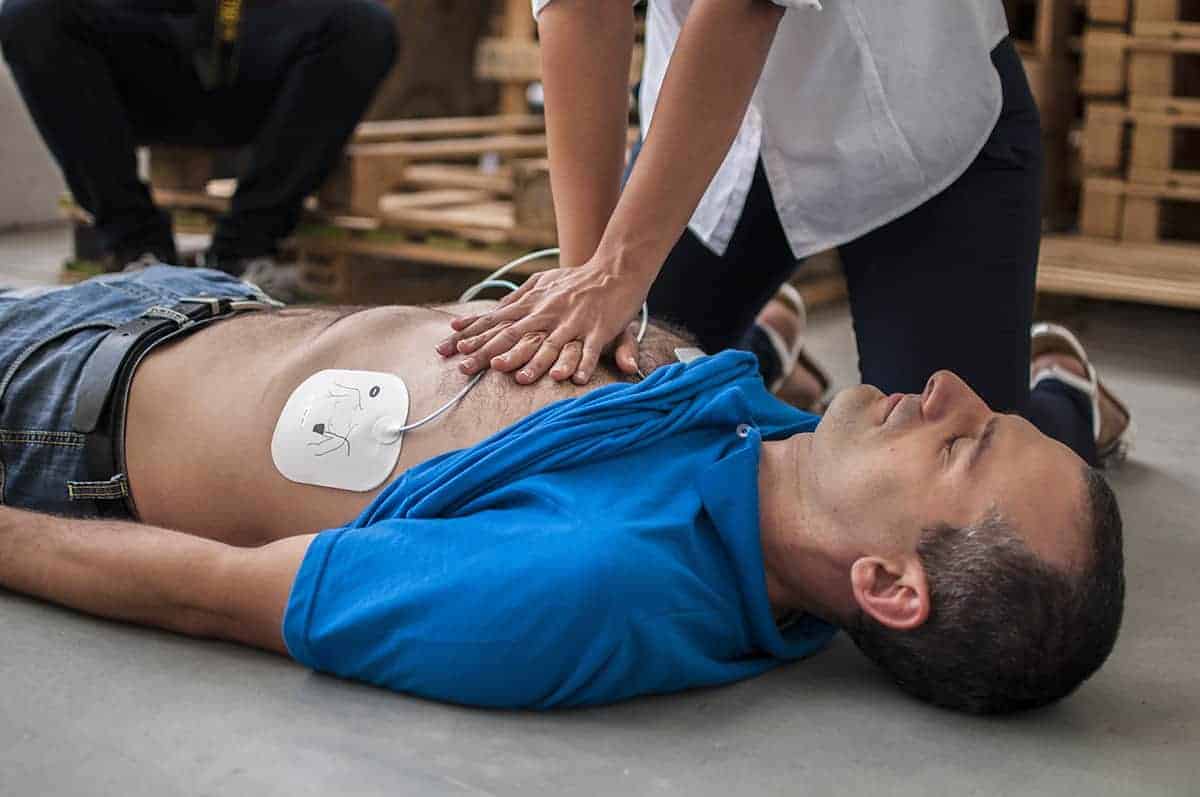Responder courses – FREC, FPOS or Something Else?
Responder courses: If you “do” first aid, whether as a volunteer first responder or an event medic, then these are terms that you’ve probably heard of before. They’re acronyms relating to various first aid qualifications that are more advanced than the standard First Aid at work course. But what’s the difference?
In a nutshell, the syllabus of each of the responder courses is broadly similar, having being designed to meet the requirements of the Pre-hospital Emergency Medicine (PHEM) skills framework at descriptor level C or above.
However, where they differ is in their ownership. Each of the courses are owned by different Ofqual regulated Awarding Organisation. Each have developed their own courses to meet a particular standard. Once written & approved by the necessary authorities, they then offer them to the market via approved training centres. It’s then down to the course candidates to choose which course they’d like to go on.

At Chris Garland Training, we only offer regulated courses owned by Qualifications Network UK (QNUK). We’re really happy with the courses that they offer; so much so that we continue to be instrumental in developing several of their courses with them.
We’ve previously partnered with another training company to offer the Qualsafe Awards Level 3 Award in First Responder Emergency Care (RQF) (FREC3) course. However, we want to remain solely with QNUK. As such we’ve expanded our trainer base to be able to offer the QNUK equivalent course. Many people have remarked that they feel the QNUK course is superior given it’s course content (see below).
The QNUK Level 3 Award for First Responders (RQF)
This responder course is aimed at those that require an advanced level of competence in First Aid. Candidates undertaking the qualification include security operatives, close protection operatives, event medics and industrial first aiders.
The course contains a minimum of 24 hours of tutor lead instruction (i.e. 4 days), with 6 hours of homework to be done before or during the course. This makes the total qualification time (TQT) 30 hours. Assessment is, as you would imagine, by both practical assessment & a multiple-choice question paper. To pass the course candidates must gain 100% in the practical assessment and 80% in the multiple-choice question paper.
Given that the course can be completed within 4 days, it’s become a firm favourite with members of the security industry; whether Close Protection officers, prison guards & other workplace security officers. More on that below.
Alongside all those things that you’d expect to find on this course, the syllabus includes;
- Knowledge of the capabilities of different emergency services personnel.
- Effective communication with others at an incident.
- Ways to safeguard vulnerable people.
- Common mental health conditions.
- Scene safety management.
- Safe manual handling of patients.
- Casualty assessment including vital signs.
- Providing supplemental oxygen & the use of pulse oximetry.
- How to undertake casualty history.
- Manual In-line Stabilisation (MILS).
- Clearing & maintaining a casualties airway with suction, jaw-thrust, oropharyngeal & nasopharyngeal adjuncts.
- Assessing and dealing with catastrophic haemorrhage.
- Management of common trauma injuries, including spinal & pelvic.
- Sepsis.
The Security Industry Authority (SIA)
If you do work in the Security industry, the Security Industry Authority only make first aid training stipulations for close protection operatives. Their website currently (Nov 2019) stipulates that CP operatives must “have attained a full level 3 first aid award (not a one day emergency first aid qualification).” Unfortunately this statement is misleading & causing confusion within the industry as the emergency first aid at work qualification changed from level 2 to level 3 back in October 2017 (click for info) despite the SIA webpage being updated in April 2018. SIA don’t currently require any first aid training for any of the other Licensable Roles.
At the end of the day, so long as you can meet the training requirements as laid down by the Security Industry Authority, whatever first aid training course you attend is ultimately down to you and the results of your first aid needs assessment. We’ve written a blog about the needs assessment that’s there to help guide you through undertaking your own assessment.
Our Opinion
We wrote this blog to help people like you understand the differences between the responder courses that are available on the market. We feel that QNUK have significantly raised the benchmark with their Responder course in terms of what is taught at this level. This is borne out by others in the industry, notably Real First Aid in their highly detailed assessment of these types of courses. You can read their assessment here. As you’ll see, they’ve also chosen to offer the QNUK course, over other available courses.
Please note, we have no connections with Real First Aid, other than that both companies offer courses owned and accredited by Qualifications Network UK (QNUK).
So if, like me, you’ve done a similar responder type of course in the past, you’re probably thinking that you’d like to do this course when your existing certificate expires.
We are running these courses roughly every 3 months through 2020. So check out when your certificate expires, & book your place now.



